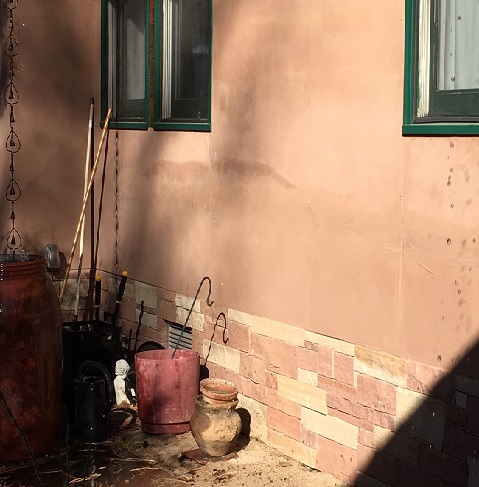In 2020, the Boulder County Community Planning & Permitting Department’s Floodplain Management Program executed “Floodplain Partners”: a pilot project funded by a FEMA Flood Mitigation Assistance grant. The purpose of this pilot project was to evaluate the possibility of offering a recurring opportunity for residents to apply for FEMA Flood Mitigation Assistance (FMA) grants to mitigate their flood risk. The FEMA FMA grant program is a national, competitive grant program providing funding that states and local communities can use to reduce the risk of flood damage to buildings insured by the National Flood Insurance Program.
Flood risk mitigation enables individuals and communities to recover more quickly after a flood. It also reduces the cost of recovery to individuals and the local, state, and federal government. According to the National Institute of Building Sciences, for every $1 invested in disaster mitigation, $11 is saved in disaster recovery. In addition, flood risk mitigation lowers flood insurance costs.
The three flood risk mitigation options evaluated through this pilot program were home elevation, home relocation, or property buy-out.
- Home Elevation means physically raising a building above the flood elevation to provide room for flood water to flow underneath.
- Home Relocation means moving a building out of the floodplain.
- Buy-Out or Acquisition means voluntarily selling property at risk of flooding to a local government. All buildings are then removed, and the property becomes public land that is unavailable for development.
Thirty-six residents completed an outreach survey voicing interest in evaluating mitigation options on their property, and the Floodplain Partners team completed property flood risk assessments and on-site evaluations for the most promising candidates. But for various reasons, the county did not submit any Flood Mitigation Assistance grant applications for the 2020 application cycle, and ultimately decided not to establish a recurring FMA application opportunity at this time. The following are some critical elements of the FMA grant program and findings from the pilot project that informed this conclusion:
- To be eligible for an FMA grant, the property owner and the county must demonstrate that a flood risk mitigation project is cost-effective using FEMA’s “Benefit Cost Analysis” (BCA) tool. Because this tool assesses flood risk based on predicted flooding depth, buildings at risk of shallow flooding or erosion, such as many of the county’s mountain properties, face challenges demonstrating cost-effectiveness even if they are at severe risk of flood damage or experienced damage in the 2013 flood event.
- FMA grants provide 75% of the cost of a flood risk mitigation project (90% if the building has experienced repetitive losses). The remaining 25% must come from a local match. If funds are not available for a county-supported match, then the match must be funded by the property owner.
- FMA applications require design and preliminary construction plans, which is an added expense to property owners prior to mitigation that is not covered under an FMA grant.
- The process of applying for and obtaining an FMA grant can take several years. Offering a recurring grant application program with overlapping grant projects can create workload and staffing challenges to providing consistent service and support to sub-applicants. Those challenges would need to be addressed before starting a recurring application program.
While the county is not offering an open, recurring FMA application opportunity at this time, the county continues to pursue opportunities for assisting residents with flood risk mitigation. If you are interested in learning more about county efforts towards flood risk mitigation or would like additional information on how to mitigate flood risk on your property, contact the Boulder County Floodplain Management Program in the Community Planning & Permitting Department at floodplainadmin@bouldercounty.org.
Resources
- Learn more about structure elevation by watching a video from FEMA.
- Learn more about FEMA’s Risk MAP (Mapping – Assessment – Planning) Program by watching the video below.


